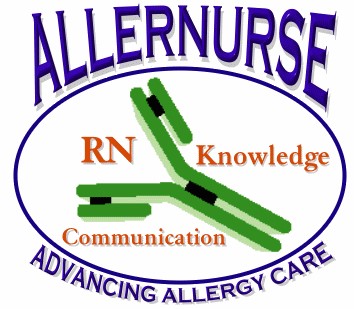1.) People inherit the tendency to have allergies, not specific allergies from their family.
2.) Anyone can develop allergies or sensitivities at any age
3.) Allergic responses may occur in any or several body systems. Where the reaction occurs is called the target organ.
4.) The allergen or antigen, target organ (body system affected), and symptoms will vary with the individual.
5.) You must have had a previous exposure to develop allergy to a specific allergen.
6.) Sensitivity may occur without any prior exposure to the causative factor. This happens more often with chemicals and drugs.
7.) Symptom severity will vary with the individual and with the amount of exposure, duration of exposure, and potency of the particular antigen.
8.) A high degree of sensitivity to a specific allergen as demonstrated by a blood test (In Vitro) or a skin test (In Vivo) does not necessarily equate with symptom severity. People with apparently mild allergies by testing may suffer severely.
9.) Allergy treatment must be individualized to be truly effective. In other words, what works for one person may not work for another.
10.) A thorough history will usually uncover the allergen likely to be causing the patient’s symptoms. Allergy testing may not confirm what the historical evidence dictates.
11.) Avoidance or elimination of the suspected allergen is the most effective treatment, if it can be done. Challenge testing will confirm that the antigen avoided is the problem. However, a challenge test should be skipped if there action the patient has (or is expected to have) to the suspected allergen is anticipated to be severe.
12.) The primary goals of allergy treatment should be to relieve the patient’s symptoms, lessen their medication use, gain immunity, and to educate the patient in the management of their problem.
13.) Any patient with a history of severe reactions or who is placed on immunotherapy, should have epinephrine in their possession and be thoroughly instructed in its use.
14.) Any person (patient) with significant symptoms should have an evaluationby a physician thoroughly trained in the care and management of allergic problems.
